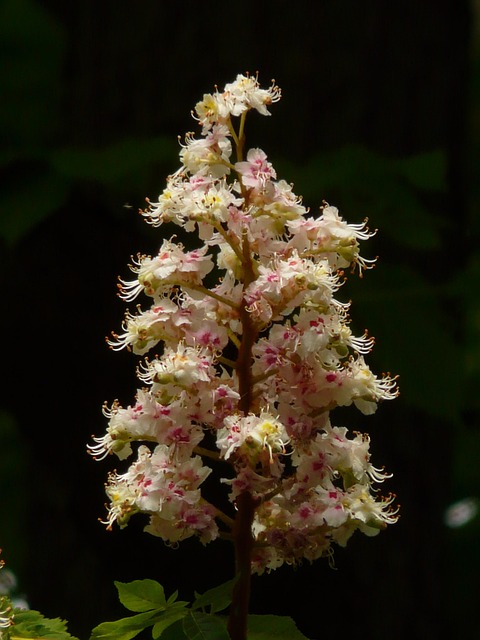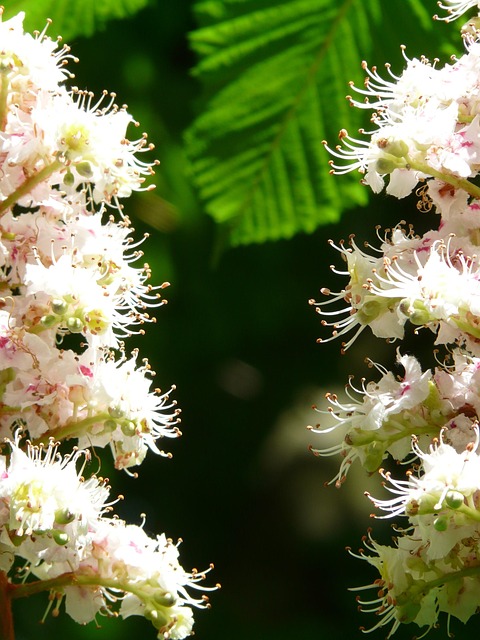Real estate developers embrace eco-friendly practices to create sustainable communities, reduce environmental impact, and attract environmentally conscious buyers/tenants. Community engagement is crucial for aligning projects with local needs, fostering ownership, and integrating green features. Green spaces enhance urban living, promote health, mitigate climate effects, and increase neighborhood desirability, driving real estate value.
In today’s digital era, sustainable community growth is not just a buzzword but a necessity. As we navigate urban development, integrating eco-friendly practices in real estate becomes paramount. This article explores strategies such as community engagement for sustainable growth and the enhancement of urban living through green spaces. By delving into these topics, we aim to highlight how real estate developers can contribute to a greener future while improving the overall wellbeing of residents.
Integrating Eco-Friendly Practices in Real Estate Development

In the realm of real estate development, integrating eco-friendly practices is no longer an option but a necessity for sustainable community growth. By adopting green building standards and utilizing renewable energy sources, developers can significantly reduce the environmental impact of new constructions. This shift towards sustainability not only benefits the planet but also appeals to environmentally conscious buyers and tenants, fostering a thriving market for eco-friendly properties.
Real estate professionals play a pivotal role in driving this transformation by prioritizing sustainable design elements such as efficient water usage, waste management systems, and smart home technologies that minimize energy consumption. As awareness continues to grow among both developers and consumers, the integration of eco-friendly practices in real estate development will become the norm, contributing to a greener and more resilient future for communities worldwide.
Community Engagement for Sustainable Growth Strategies

Community engagement is a cornerstone in fostering sustainable growth strategies within real estate developments. Involving residents, local organizations, and stakeholders early on ensures that projects meet the unique needs and aspirations of the community. This collaborative approach leverages collective knowledge to create spaces that enhance quality of life, promote environmental stewardship, and foster social cohesion.
Active participation from the get-go encourages buy-in and fosters a sense of ownership among community members. It also allows developers and planners to integrate green amenities, efficient infrastructure, and inclusive public spaces that resonate with the local population. This holistic approach not only contributes to environmental sustainability but also drives economic vitality, making communities more vibrant and resilient in the long term.
Green Spaces: Enhancing Urban Living and Wellbeing

Green spaces are not just aesthetically pleasing; they play a vital role in enhancing urban living and wellbeing, as well as driving sustainable community growth in real estate. Parks, gardens, and community green areas offer residents a respite from the hustle and bustle of city life, promoting physical activity, mental health, and social interaction. These green oases also help mitigate urban heat islands, improve air quality, and support biodiversity, creating healthier and more livable environments.
In real estate terms, properties situated near green spaces often command premium prices due to their enhanced appeal. Homebuyers increasingly seek out sustainable living options, and the presence of parks and green areas can significantly boost a neighborhood’s overall desirability and property values. By incorporating and prioritizing green spaces in urban planning, communities not only create more attractive and vibrant neighborhoods but also contribute to long-term environmental sustainability and improved quality of life for residents.






